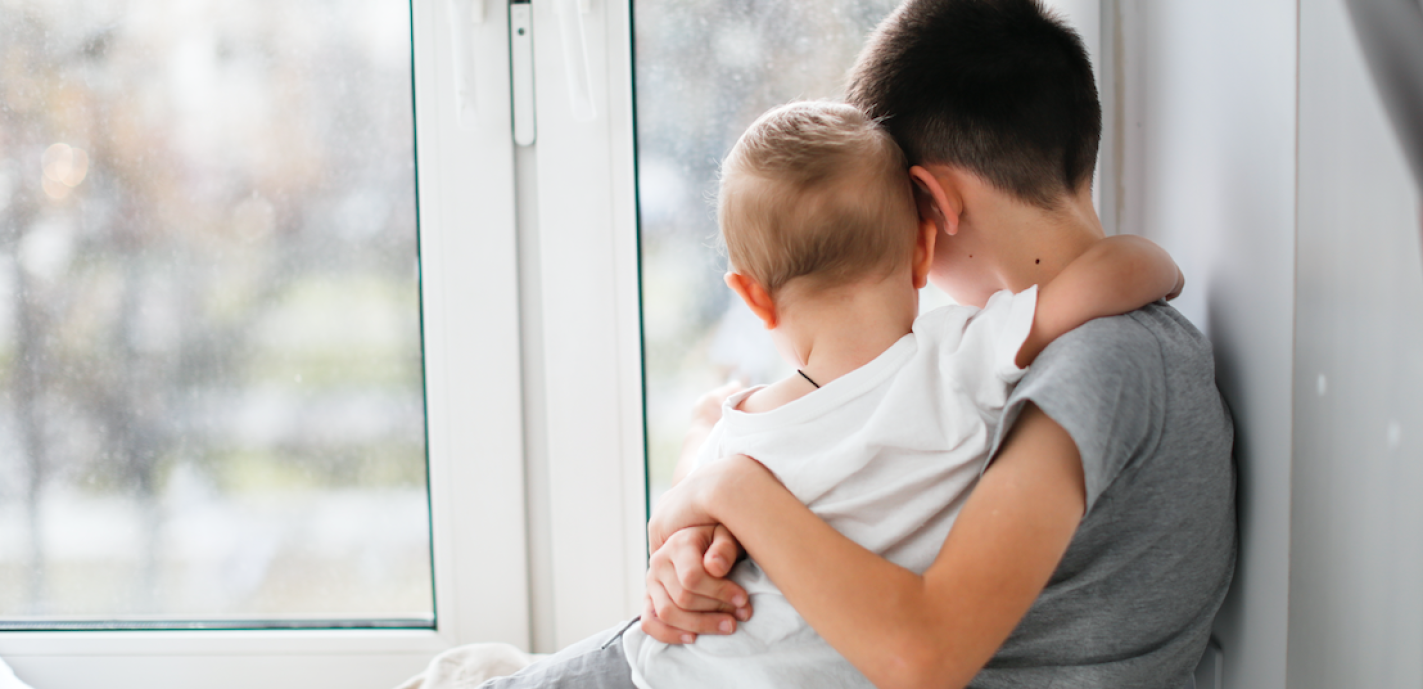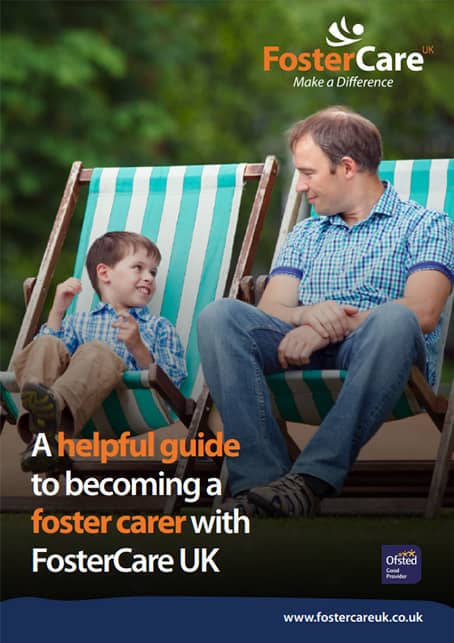


What happens when a child is taken into care?
Benefits of being a foster parent
What is a care leaver?
How to become a foster parent
How to foster a child
What are the foster care requirements
Can I choose who I foster?
Fostering with pets FAQ
How long does it take to become a foster parent?
What is the role of an independent fostering agency?
Fostering a disabled child
Tips for coping when foster placements end
Do foster carers pay tax?
What to expect in a fostering assessment
Common Fostering Challenges and Solutions
What disqualifies you from being a foster carer?
Muslim Fostering
Fostering as a single parent
Can you foster a child with a criminal record?
Can you work and foster?
Top 10 fostering myths
Can I foster if…?
Can I foster and rent?
LGBT Fostering: can I foster if I’m gay
Top transferable skills to become a foster carer
Can you foster with a mental health condition?
Christian Fostering
Sikh Fostering
Cultural Diversity in Foster Care
How to encourage foster children to read
Reasons for a child to be taken into care
Tips for coping with attachment disorders in Foster Children
Fostering vs Adoption
What happens when foster parents get divorced?
What is reunification in foster care?
How to deal with foster child bullying
A guide to the foster care handbook
Guide to fostering young children
Types of self-harm
A guide to fostering teenagers
What are the signs of depression in foster children?
Often, when a child is placed into care, it’s not uncommon that this child or young person also has a sibling in need of care. With around 80% of the UK population having at least one sibling, it’s fair to assume that a foster child will have siblings, too.
There is a high demand for foster carers who can take care of sibling groups – this is because in more than 200 UK local authorities, more than half of sibling groups in care are split up. The UK law states that siblings should be placed together in foster care where possible – and ‘if reasonably practicable and consistent with their welfare’ (The Children Act, 1989). However, unfortunately, sometimes this isn’t possible or feasible.
Separating siblings in foster care can often be caused by the following factors:
There are many positive benefits of keeping sibling groups together in the same household. One of these is that fostering siblings has been associated with more positive adjustments into their new families. For example, studies have shown that older children taken into care and separated from their younger siblings can often have a difficult time feeling accepted, and in turn, accepting their new family. Yet, when they have a sibling by their side to share the journey with, this can generally make the transition a lot easier.
Being fostered with a sibling is also a huge support for children who have been removed from a violent or abusive home. This is because they can then band together with their siblings in a new, unfamiliar environment.
Yes, you can foster sibling groups if you already have a child in care or an existing child born into your family. However, this is often dependent on the space you have in your home. Siblings who are under the age of 10 can share a bedroom – whereas, if they are older or specified to need their own bedrooms, the children will need to have separate bedrooms.
Looking to start your journey as a carer fostering siblings? Get in touch with a member of our expert team here at FosterCare UK. We can provide help and advice on keeping siblings together in foster care, and provide specialist foster care training in order to do so.
If you’ve got any questions or would like to find out more about fostering with Capstone, fill out the form below.
An experienced fostering advisor from your local area will then be in touch.

Start the conversation today. Our team of friendly advisors are on hand to answer any foster care questions you may have. We can offer you honest and practical advice that can help you decide if becoming a foster carer is the right path for you.


